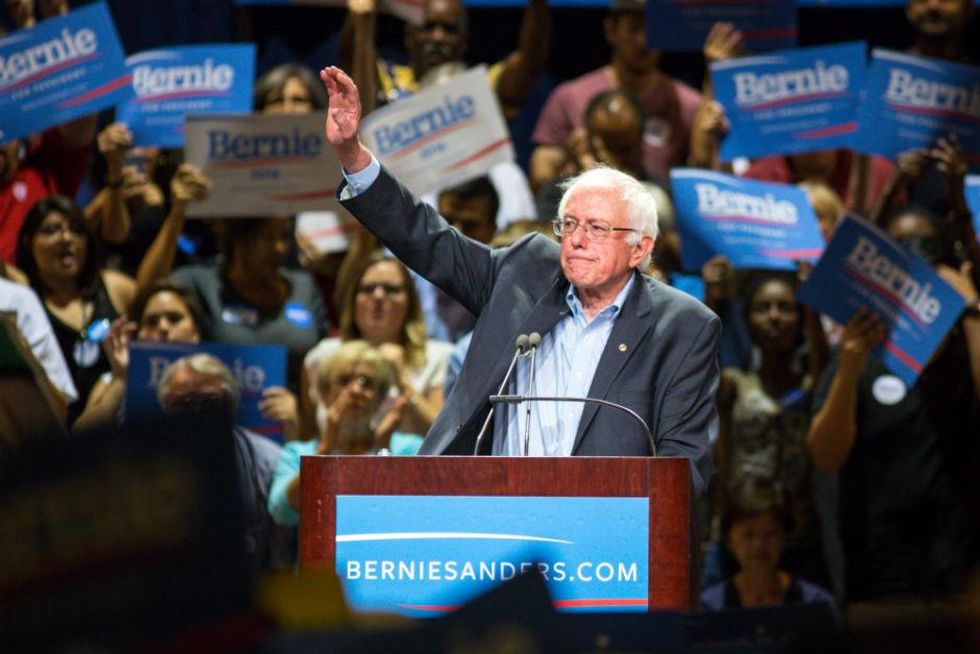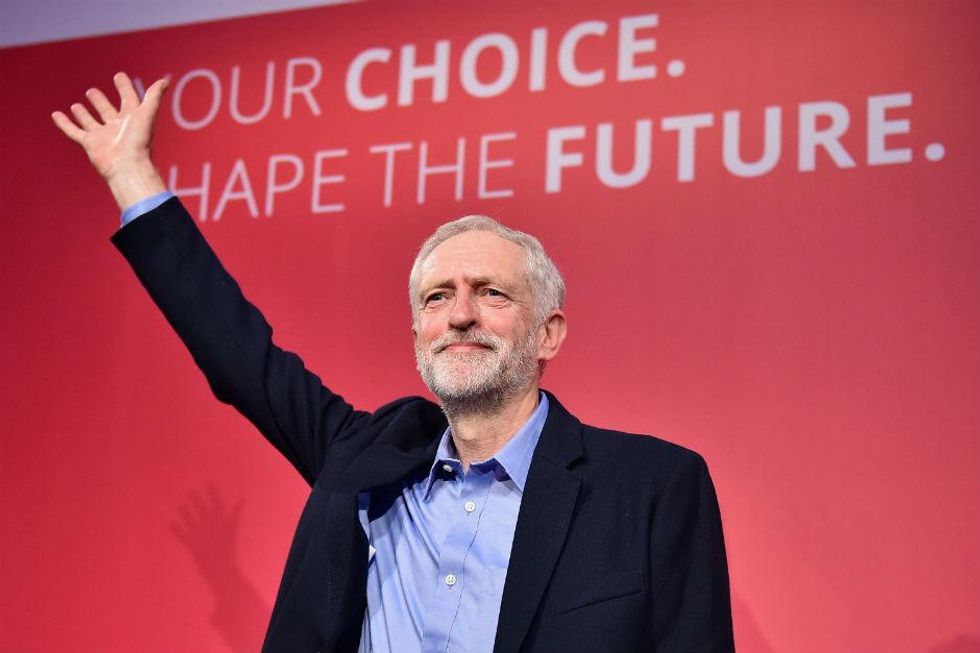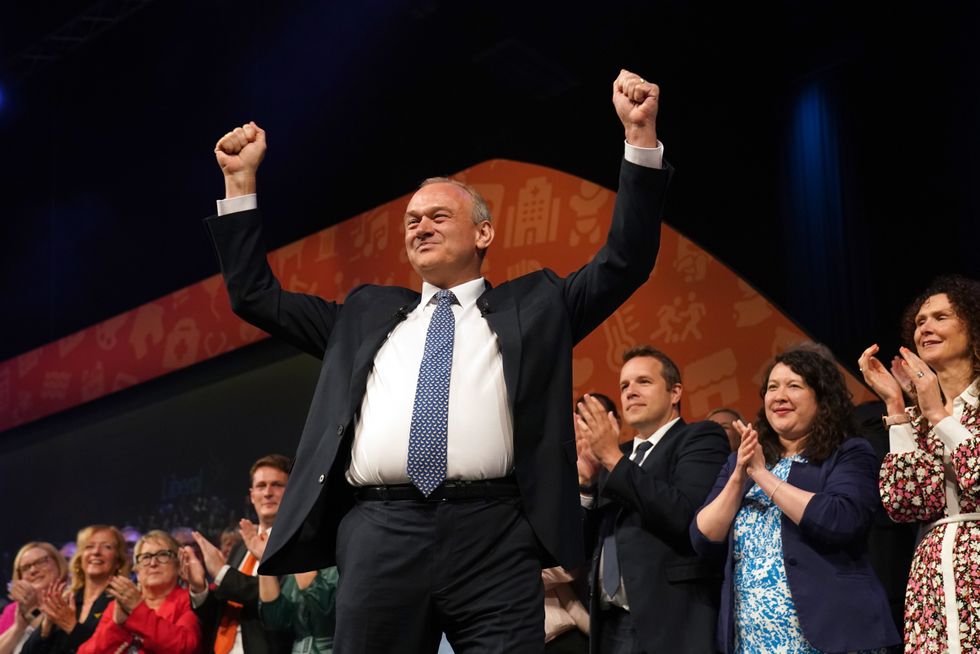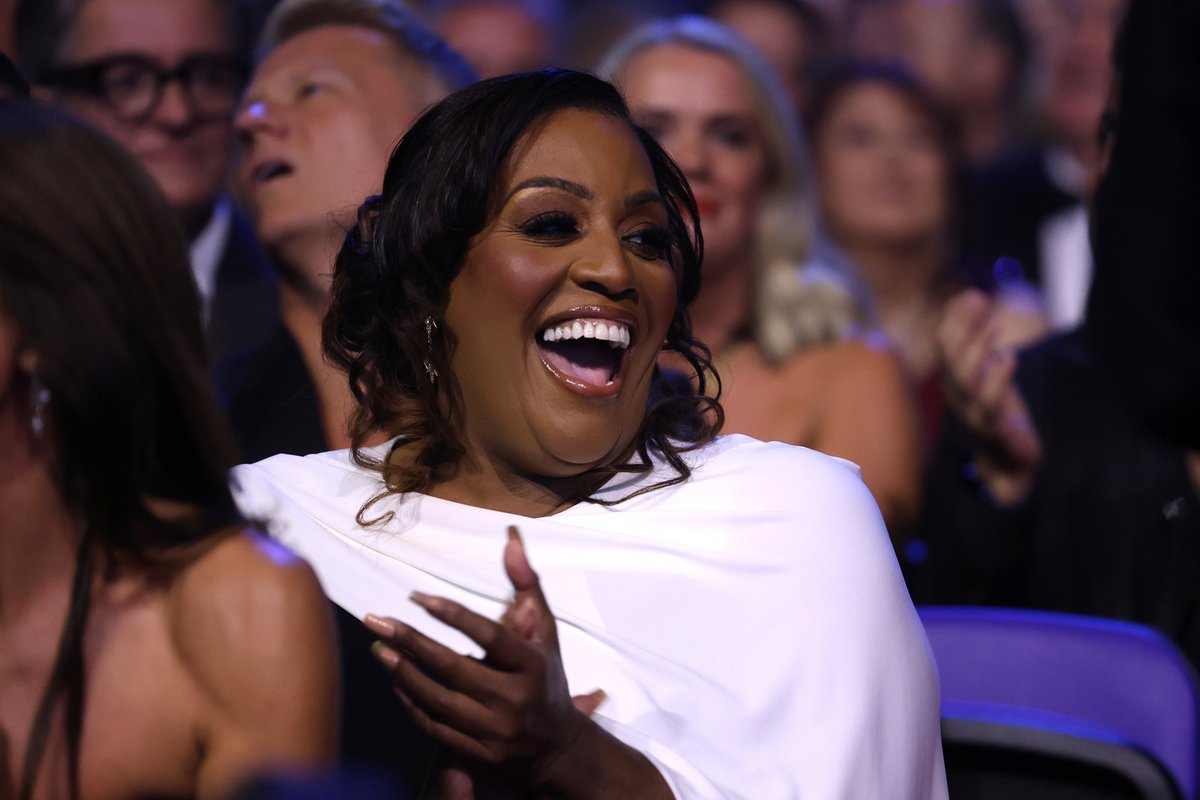Celebrities
Evan Bartlett
Feb 24, 2016
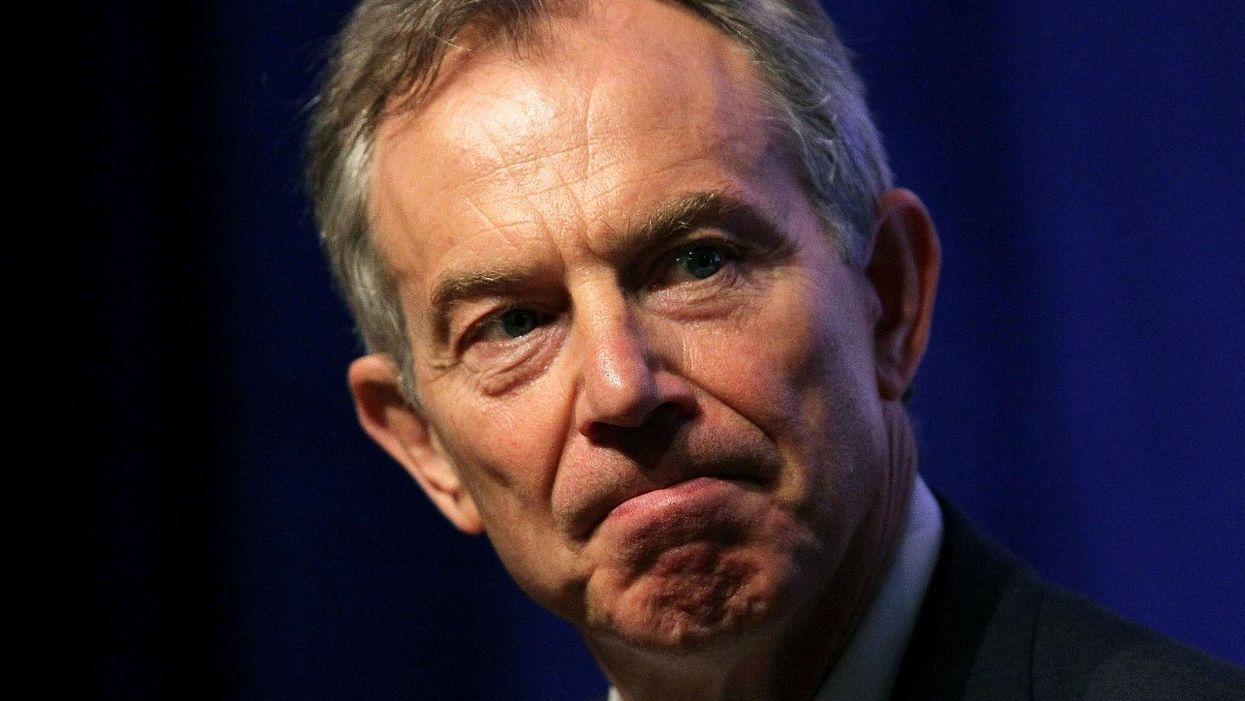
The past 12 months has seen the unlikely rise of anti-establishment candidates on both sides of the Atlantic.
While Ukip managed to secure more than three million votes in the UK general election and Donald Trump has emerged as a strong candidate for the White House by pushing a similarly populist, right-wing agenda.
At the other end of the political spectrum stand two long-serving left-wing candidates who have suddenly catapulted into the spotlight, both earning strong grassroots support.
Then there's Tony Blair. The former Labour leader, a centrist who won three elections for his party, is very confused about this new phenomenon.
In a joint interview with the Guardian and Financial Times, Blair said Sanders' rise in the US, where he recently beat establishment candidate Hillary Clinton in the New Hampshire primary, was just as baffling to him as Corbyn's in the UK.
Ultimately, he says, their popularity astounds him because of "the question of electability". There is a necessity, in his opinion, to find a position "that can get the support to win in order that you can do things for the people that desperately need help".
One of the strangest things about politics at the moment – and I really mean it when I say I’m not sure I fully understand politics right now, which is an odd thing to say, having spent my life in it – is when you put the question of electability as a factor in your decision to nominate a leader, it’s how small the numbers are that this is the decisive factor. That sounds curious to me.
Surely it should be a major factor because if this is not about you, but it’s about the people you want to serve, then selecting someone who is electable is really important because otherwise you can’t help people; you’re powerless.
Putting the two men's popularity down to the "flatlining in living standards" for lower and middle income people and the sudden emergence of social media as a political platform, Blair said there has been a "loss of faith in that strong, centrist progressive position".
But his hopes of that centrist position rising again, at least in the Labour party, are looking slim.
A YouGov poll this week showed that 53 per cent of Labour members believe Jeremy Corbyn should lead the party into the 2020 election and has seen support in his leadership appear to grow since he was elected in September.
More: One Bernie Sanders tweet that shows just how polarised the 2016 race has become
Top 100
The Conversation (0)
